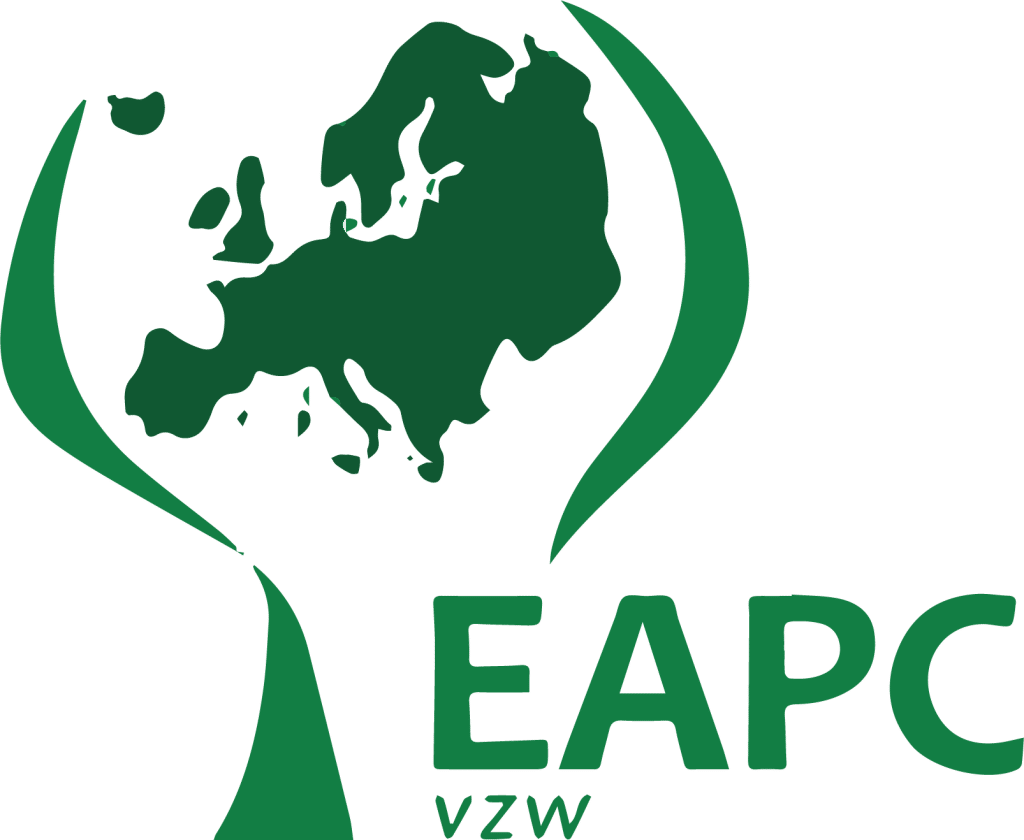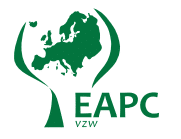Specialisation in Palliative Medicine (2014)
Results
Palliative care is a medical specialty in 18 out of the 53 European countries. This is the main result of a recently published report entitled Specialisation in Palliative Medicine for Physicians in Europe 2014, a supplement of the EAPC Atlas of Palliative Care in Europe launched in 2013. It has been promoted by the ATLANTES programme of the Institute for Culture and Society (ICS), the Accademia delle Scienze di Medicina Palliativa and the European Association for Palliative Care.
The study was presented in the eighth EAPC World Research Congress that took place between the 5 and 7 june in Lleida.
The document collects reports on the main features of the specialisation process in every country and date the countries obtained certification: United Kingdom (1987), Ireland (1995), Poland (1999), Romania (2000), Malta (2003), Czech Republic (2004), Germany (2004), Finland (2007), France (2008), Georgia (2008), Latvia (2009), Norway (2011), Israel (2012), Italy (2012), Slovakia (2012), Hungary (2013), Portugal (2013) and Denmark (2014). These countries are as well compared with other three leading countries in health issues: Australia (2004), U.S.A (2006) and Canada (2014).
As can be seen, 10 out of 18 countries have recognised the specialty, sub-specialty or field of competence status within the last 5 years. There is a clear trend in establishing the specialty in this area as a main requirement to obtain a post in the Health System, though it is not yet mandatory in the majority of the countries.
Educational curriculum unification in Europe
A previous clinical specialty is required for accessing the programmes: in five countries it is not specified exactly which whereas in eight countries a specialty access list or a prior professional experience in Palliative Care is required for entering the process. This length of the process may vary but the most frequent duration is from one to two years. It is to be pointed out as well the great heterogeneity of the educational curriculum that results in a large variety of certification processes. The EAPC faces the challenge of promoting a quality assessment in order to increase the recognition of Palliative medicine as a new field of Specialisation in Europe.
The authors of the supplement are: Deborah Bolognesi, from the Fondazione Isabella Seràgnoli (Bologna, Italy); Carlos Centeno, main researcher of the ATLANTES programme and specialist in Palliative Care in the clinic University of Navarra; and Guido Biasco, of the University of Bologna and the Accademia delle Scienze di Medicina Palliativa (Bologna, Italy).
Further information
Specialisation in Palliative Medicine for Physicians in Europe 2014 can be donwload here and freely downloadable in the “ICS-ATLANTES” app.
EAPC blog
Palliative medicine: Now a medical specialty in 18 European countries, EAPC blog, July 21, 2014
Summary
Based on preliminary findings from the Second Edition of the EAPC Atlas of Palliative Care in Europe, the Task Force on Specialisation in Palliative Care in Europe has carried out an in-depth study on certification and accreditation of Palliative Medicine across Europe. The study has been financed by the Foundation Isabelle Signarolli from Bologna (the Foundation currently funds three hospices in Bologna, a research center and an official Masters degree); and produced by Professor Guido Biasco and Dr. Deborah Bolognesi jointly with Professor Carlos Centeno and Eduardo Garralda, from the ATLANTES team (University of Navarra).
This collaborative and international effort has resulted mainly in the completion of a supplement of the EAPC Atlas, entitled Specialisation in Palliative Medicine for Physicians in Europe 2014; and in a scientific article (not yet published) and an editorial on the results.
The document “Specialisation in Palliative Medicine for Physicians in Europe” collects reports on the main features of the specialisation process in every country and date the countries obtained certification: United Kingdom (1987), Ireland (1995), Poland (1999), Romania (2000), Malta (2003), Czech Republic (2004), Germany (2004), Finland (2007), France (2008), Georgia (2008), Latvia (2009), Norway (2011), Israel (2012), Italy (2012), Slovakia (2012), Hungary (2013), Portugal (2013) and Denmark (2014). These countries are as well compared with other three leading countries in health issues: Australia (2004), U.S.A (2006) and Canada (2014).
This comparative analysis of the different pathways to achieving certification and accreditation for physicians working in the area of Palliative Medicine in Europe, United States, Canada and Australia has highlighted that 10 out of 18 countries included have recognised the specialty, sub-specialty or field of competence status within the last 5 years. Besides, a clear trend in establishing the specialty in this area as a main requirement to obtain a post in the Health System it is to be noticed, though it is not yet mandatory in the majority of the countries.
The findings and results of the study were published last June in the EAPC Congress held in Lleida during the fourth and fifth June being disseminated “in situ”. The report Specialisation in Palliative Medicine for Physicians in Europe 2014 is available by clicking here and it is also freely downloadable in Google Play and in Apple Store at the ICS-ATLANTES free application.
We believe that discussion between physicians from each country is crucial to developing a common understanding and language relating to Palliative Medicine certification and accreditation.
Background
Palliative Medicine has been a medical specialty in the United Kingdom since 1987.
The EAPC Task Force for the Development of Palliative Care in Europe has reviewed the situation in two occasions so far in Europe. In 2005 (Centeno et al., 2005) seven countries had official certification for physicians as a specialty or a sub-specialty; whereas in 2014 (Bolognesi et al., 2014), 18 countries counted on a specialty, sub-specialty or field of competence.
Other Western European countries had already been revised and have been updated in the Supplement such as Canada, Australia and the United States for contrast with the European countries. In Europe, despite the improvement, it still appears to be much disparity in the certification criteria followed across countries and considerable variation in the demands required in order to achieve such certification. There are a number of diverse ways used to describe the certification or accreditation of Palliative Medicine.
On our behalf, this EAPC Task Force on the Process of Specialisation in Palliative Medicine wishes to continue in the same line and work further in the future with the same principles and enthusiasm that have characterised these past studies.
Aims & objectives
- Comparative analysis of Palliative Medicine specialization between countries and identification of the common pathways for certification and accreditation.
- Examine the value or utility of such certification and accreditation for professional practice
Milestones
2014 April: Presentation of results at EAPC-RN conference in Lleida (Spain)
2014 Feb: Original documents relating to the certification and accreditation of Palliative Medicine to be made available to professionals and policy makers through being posted on the web pages of all partner institutions.
2013 Dec: Editorial to be submitted to a the official EAPC Journal.
2013 Nov: Article to be submitted to a peer-reviewed scientific journal.
2013 May: Workshop on Palliative Medicine specialisation to discuss results and resolve queries at EAPC Conference, Prague (all Task Force members in attendance).
2013 Mar: Collection of results and comparative analysis.
2013 Feb: Distribute the questionnaire with the analysis of certification and accreditation of Palliative Medicine within a common template.
2012 Dec: Systematic review of original documents relating to the certification and accreditation of Palliative Medicine in each European country (with the assistance of ¨key physicians¨).
2012 Nov: Examine the process of certification and accreditation in the United States, Canada and Australia. and develop a common template of critical points to be used in the comparison with European countries.
Identify a ¨key physician¨ in each country and send them a proposal of the study.
2012 Oct: Internal and external consensus and collaboration between respective institutions and partners. Develop and submit a written proposal.

